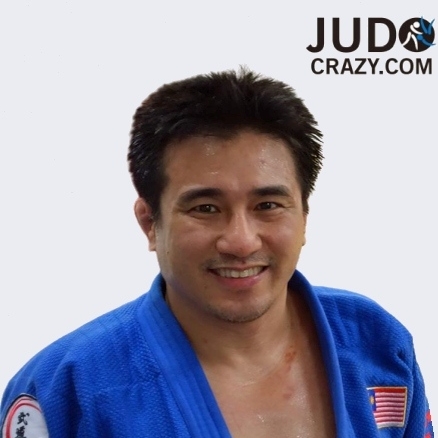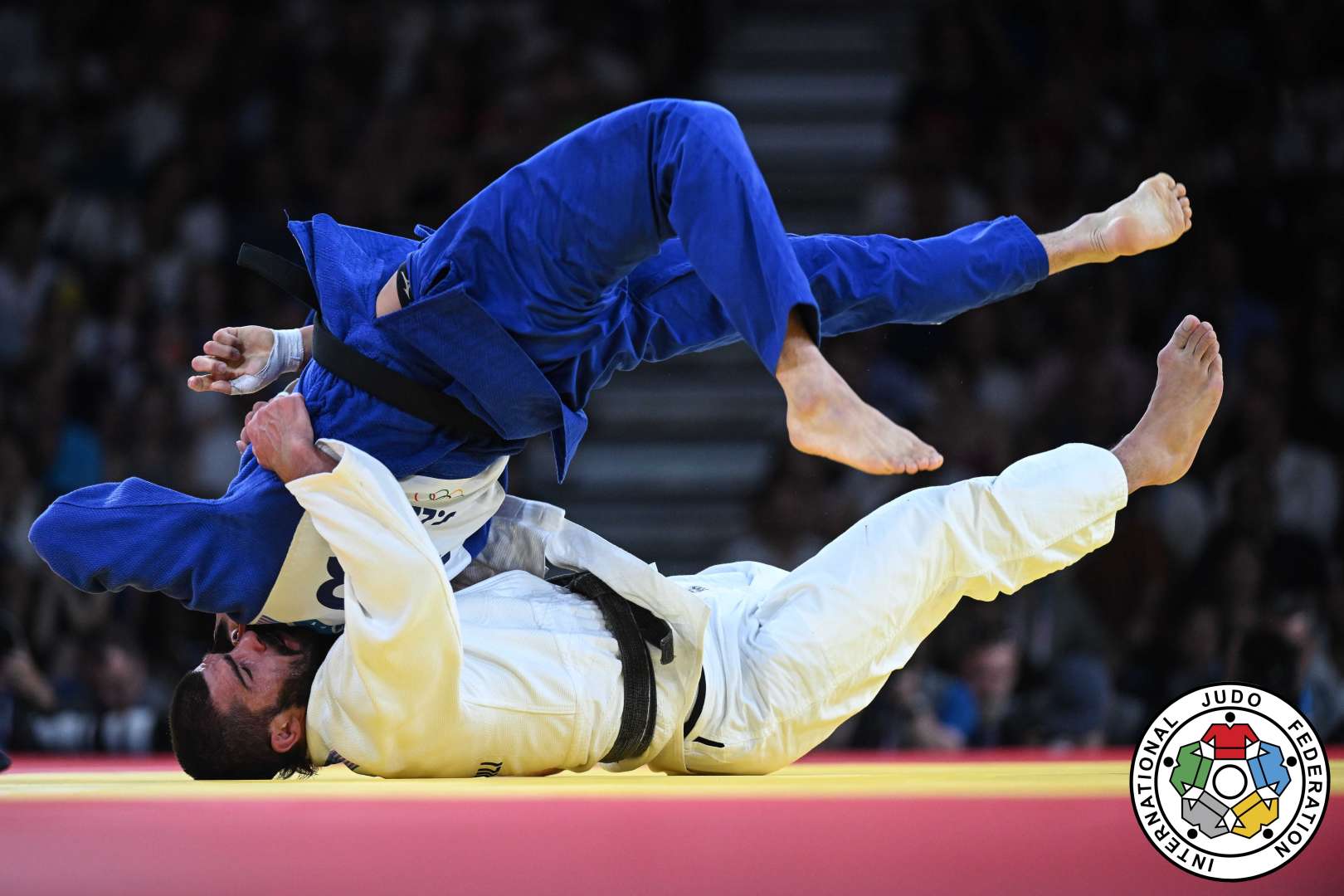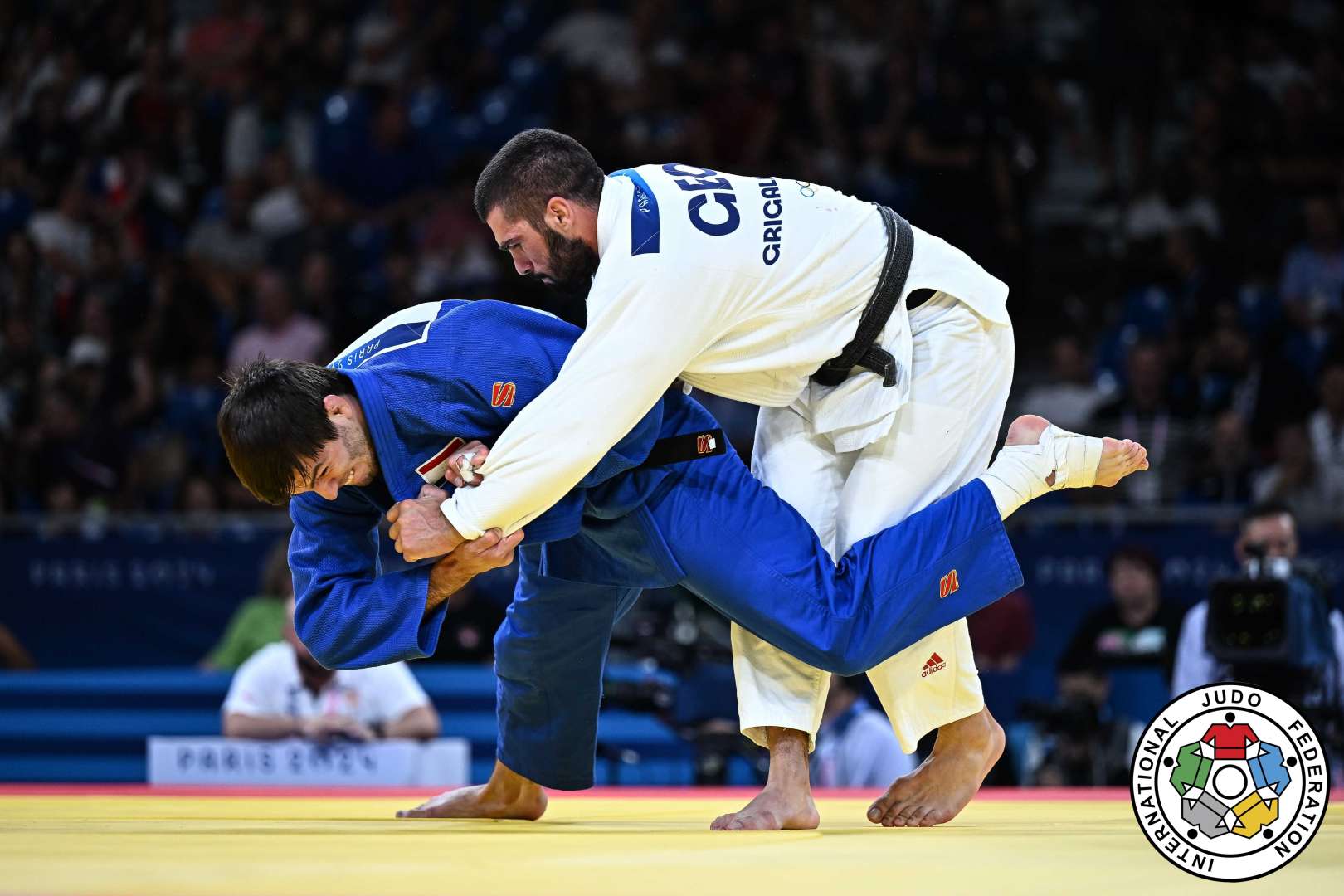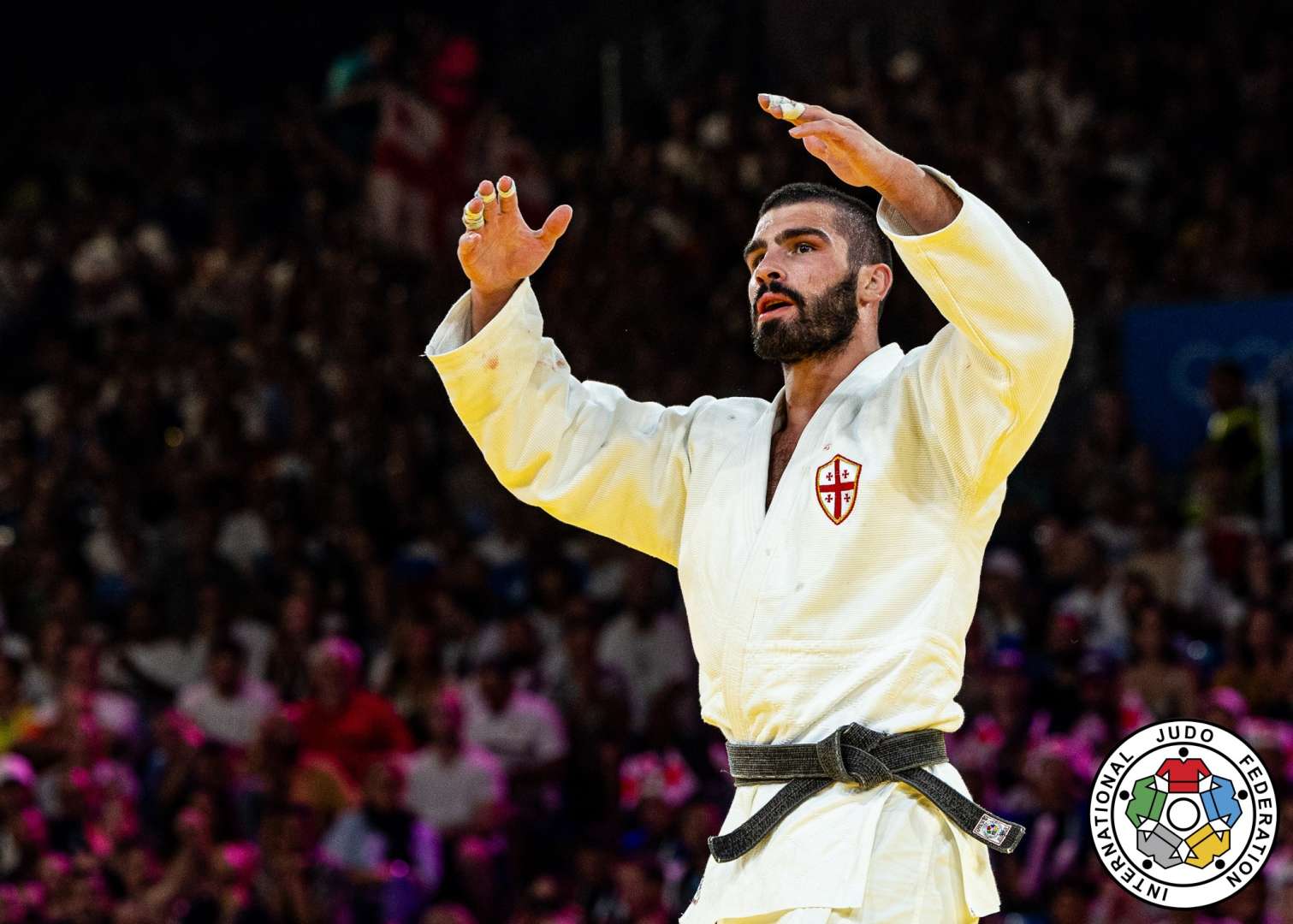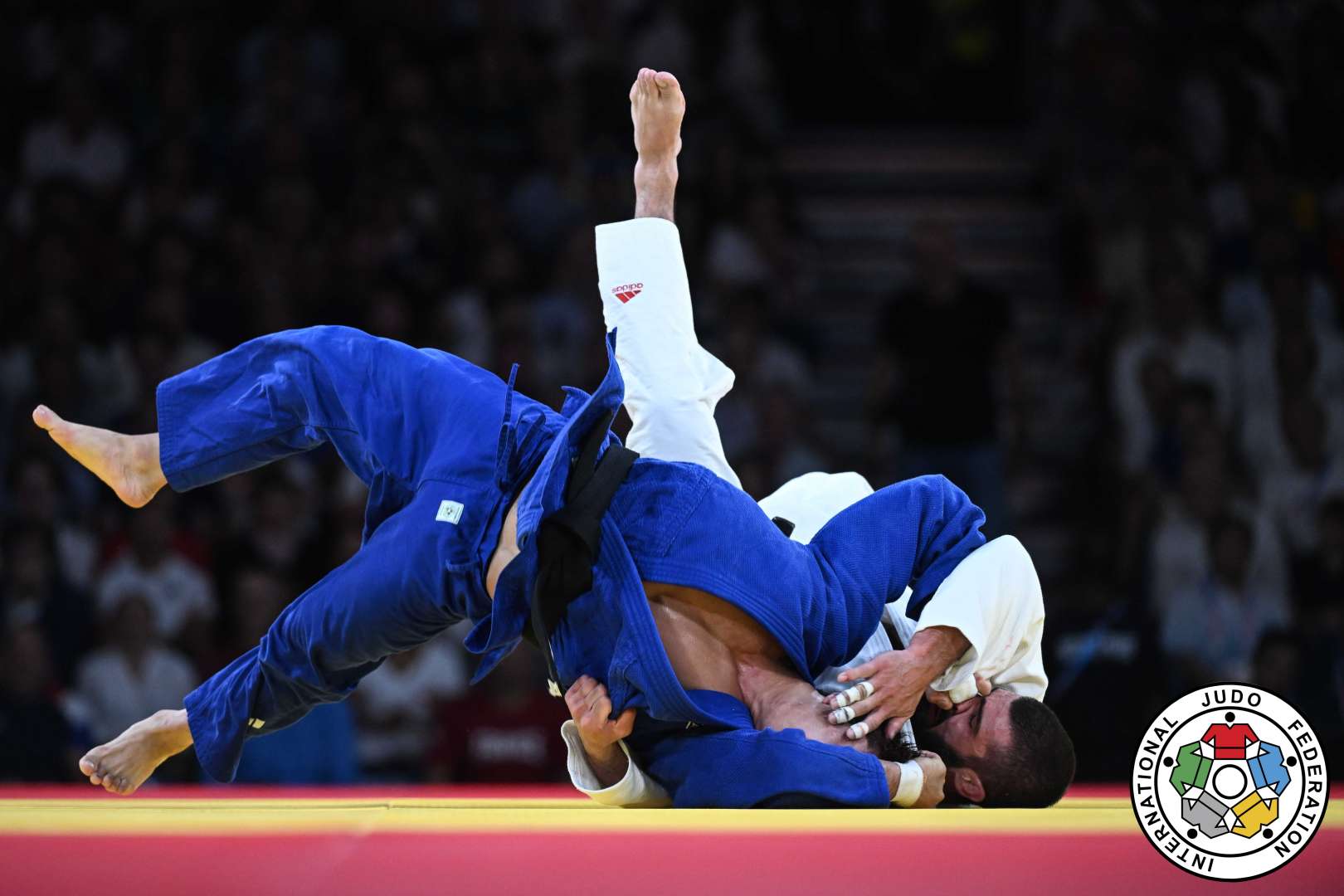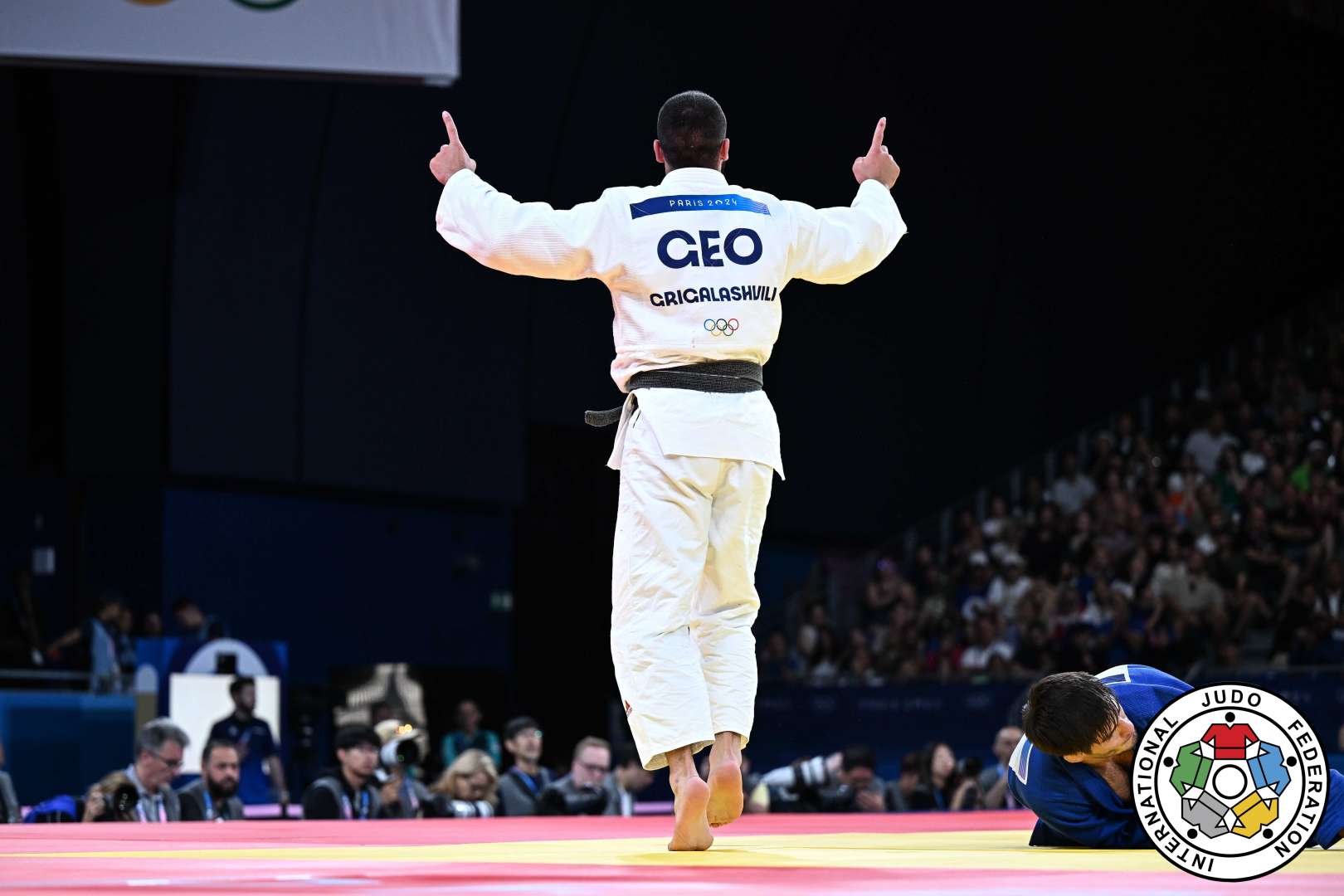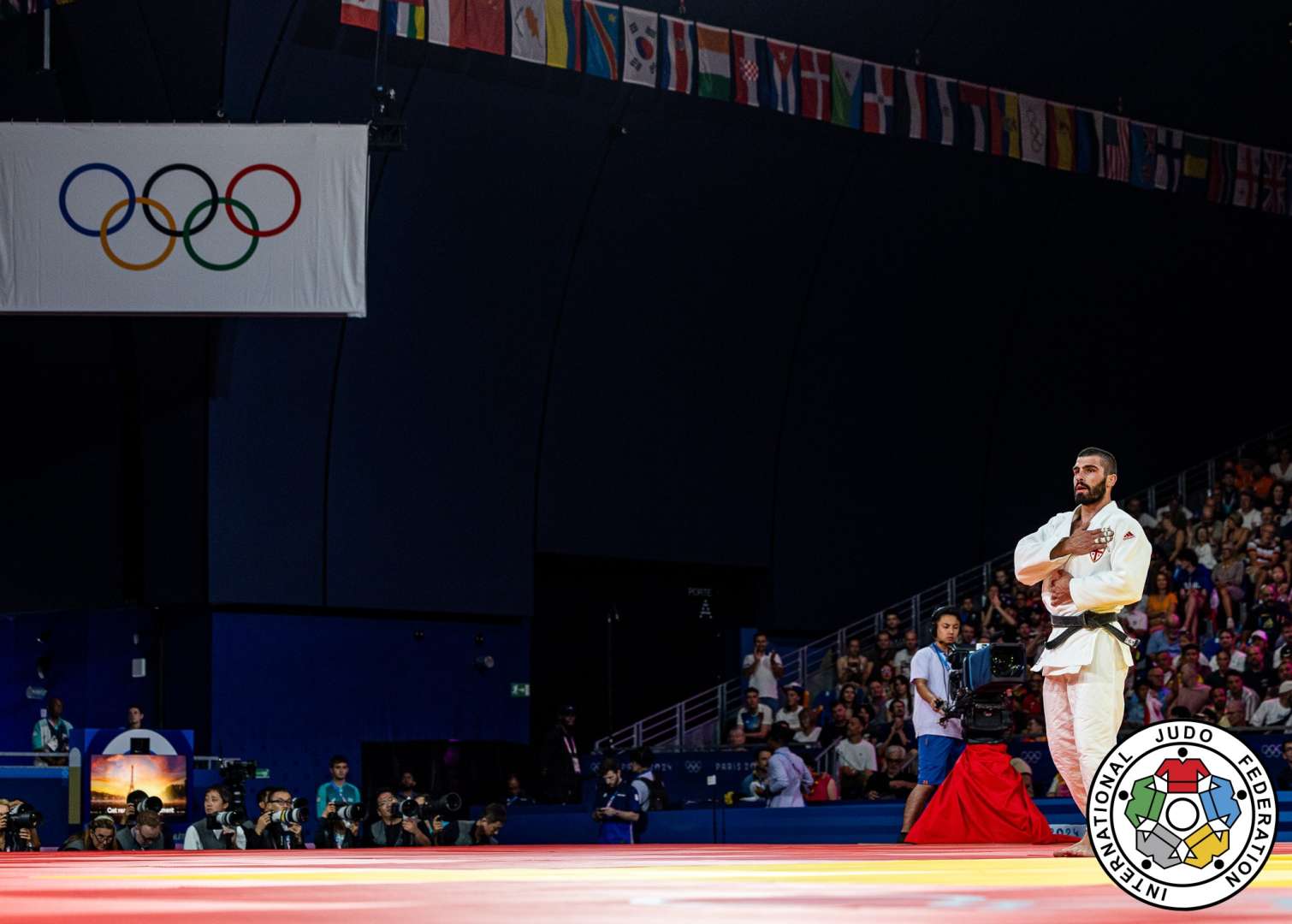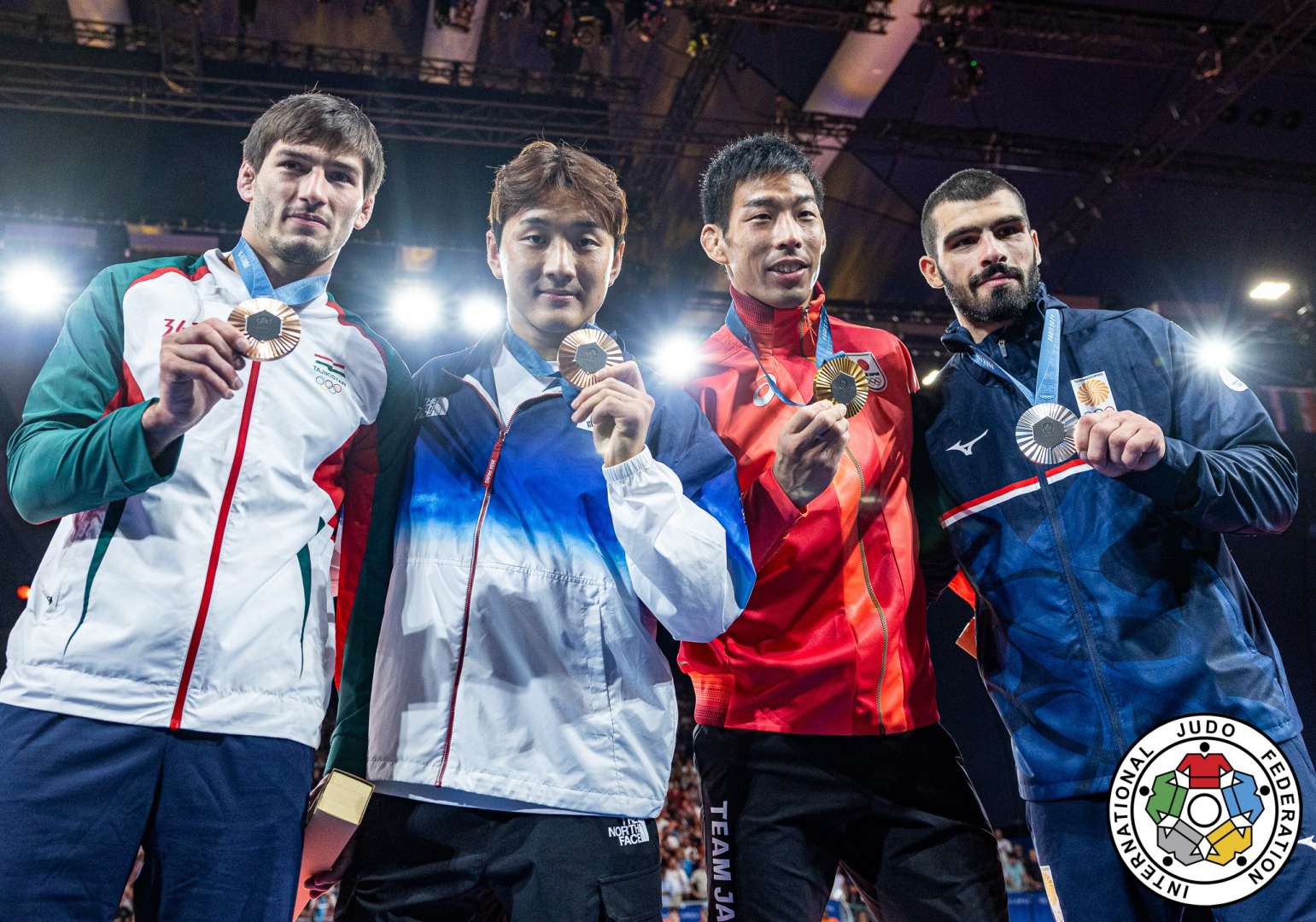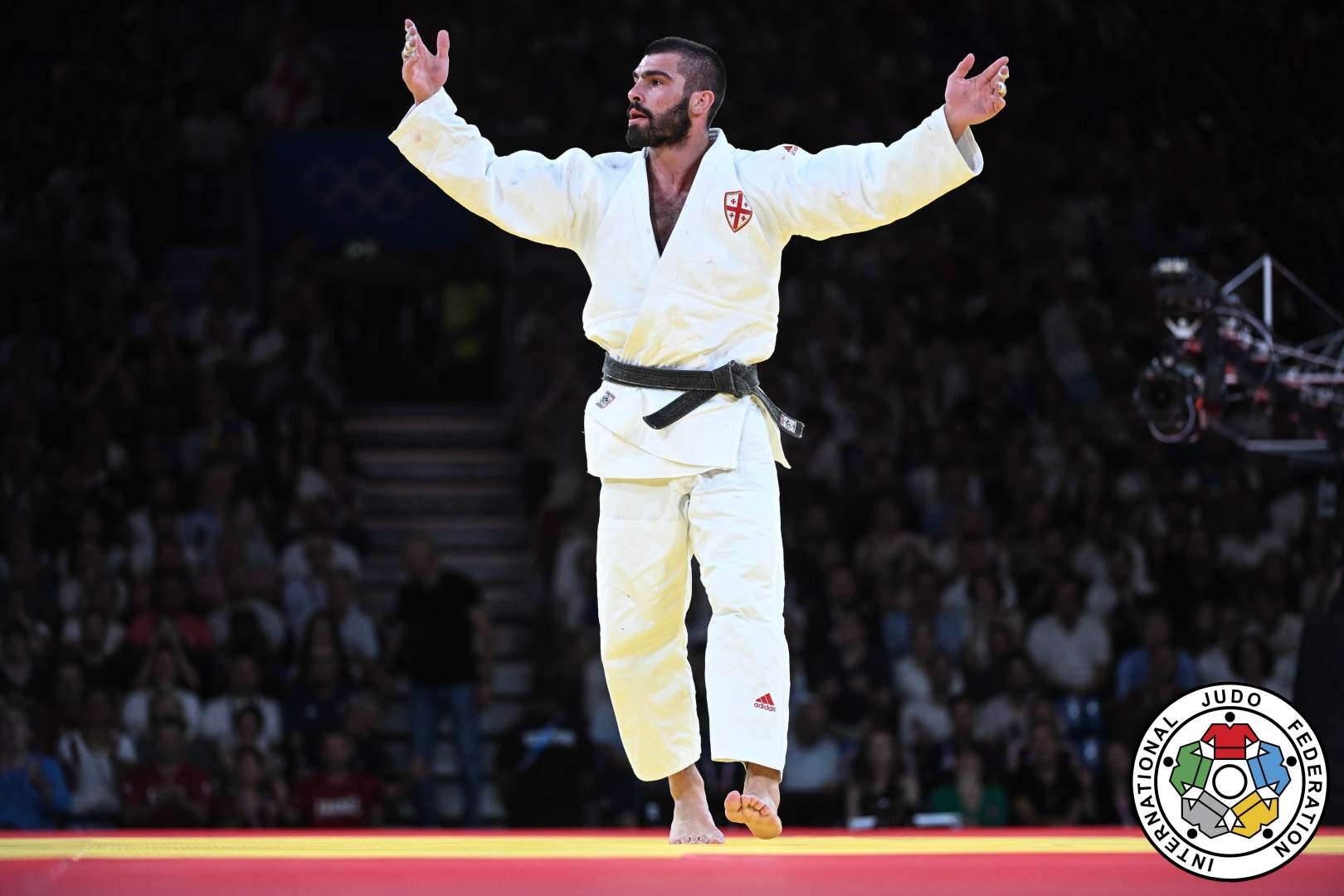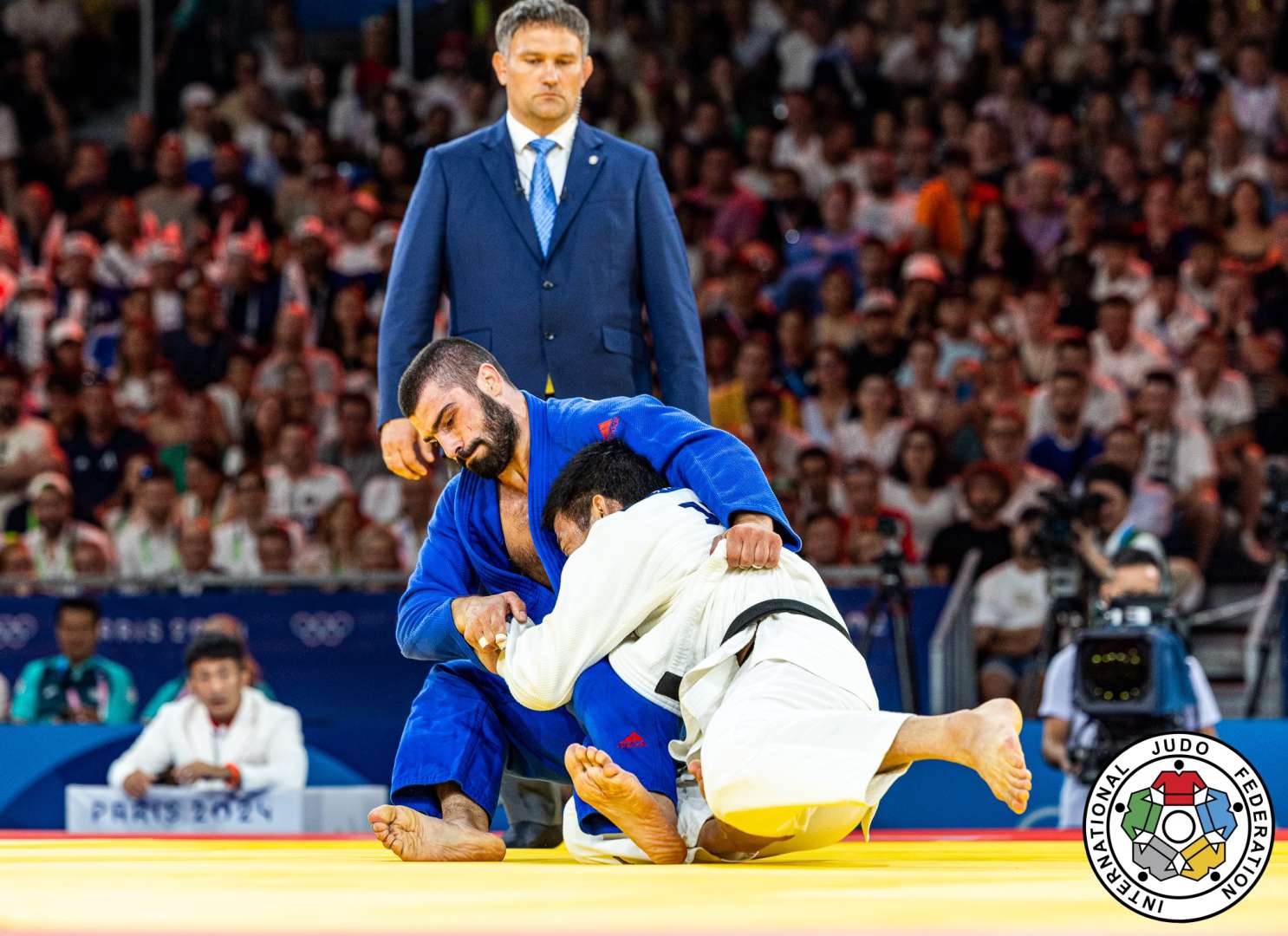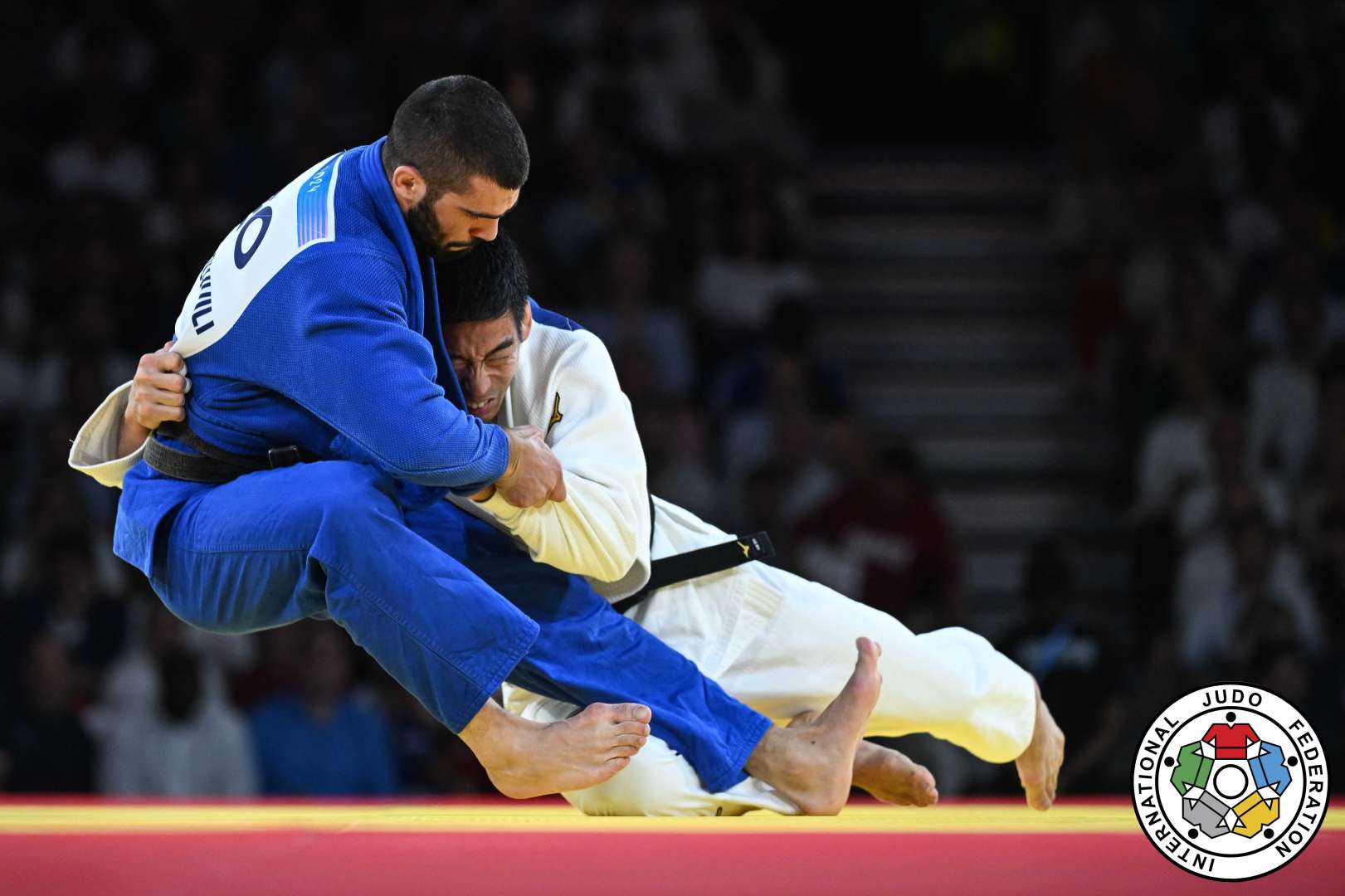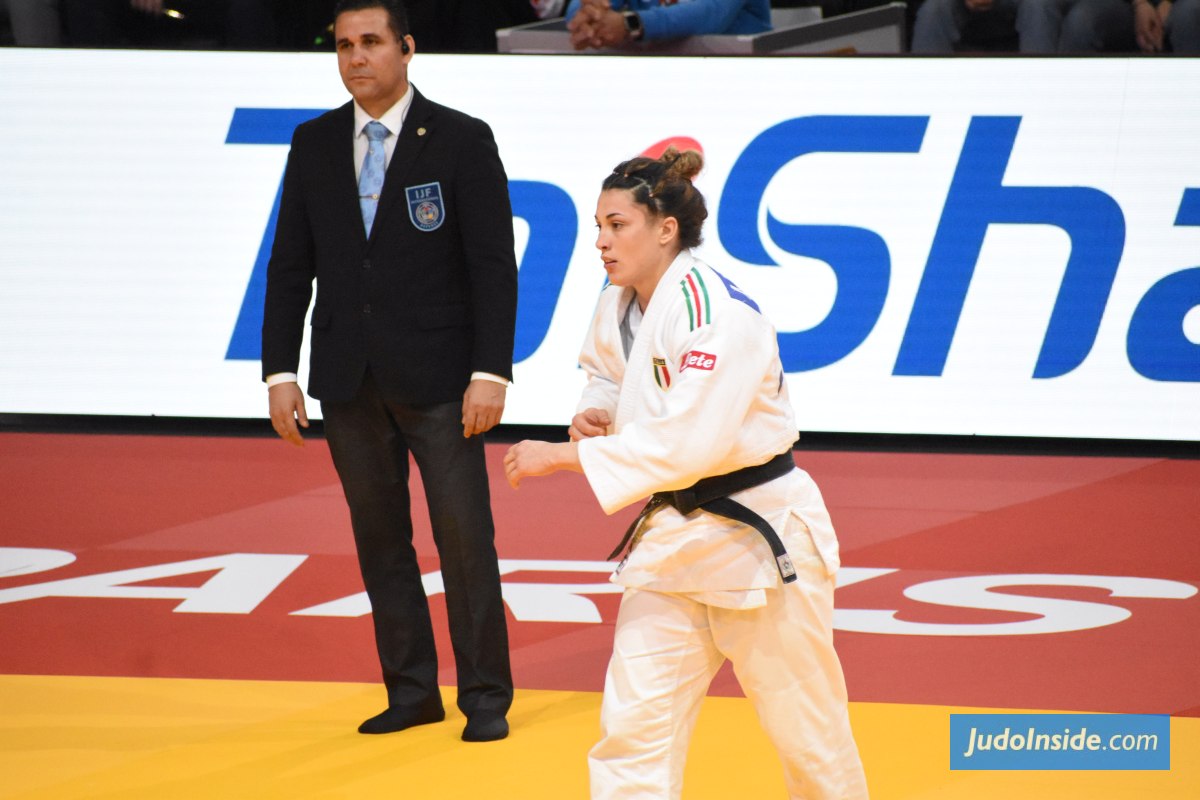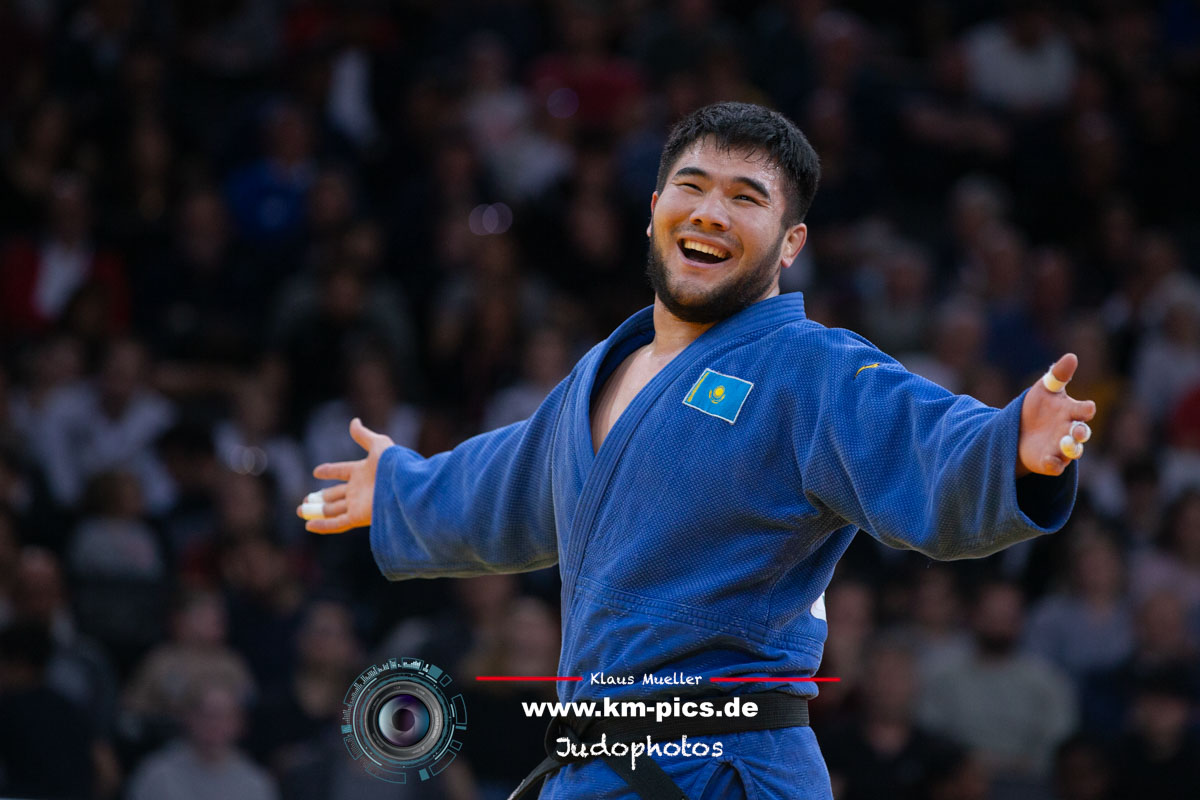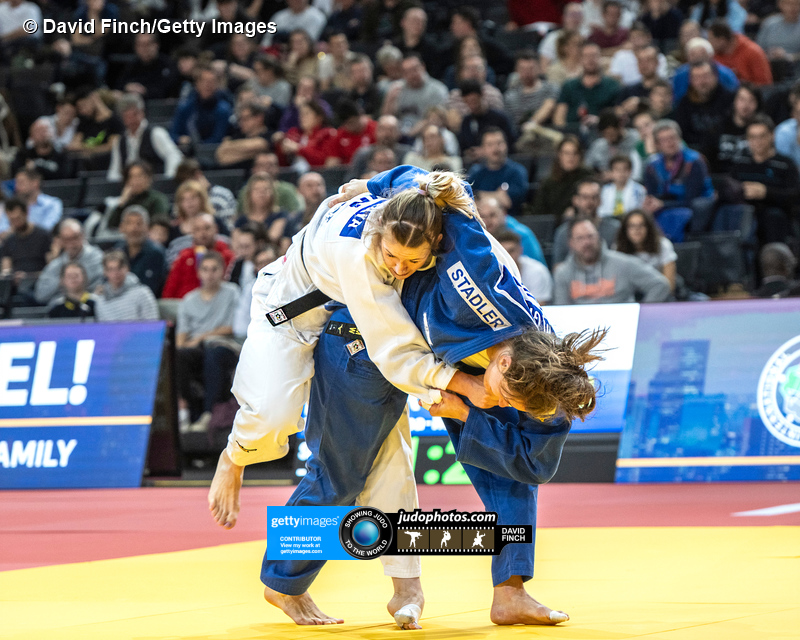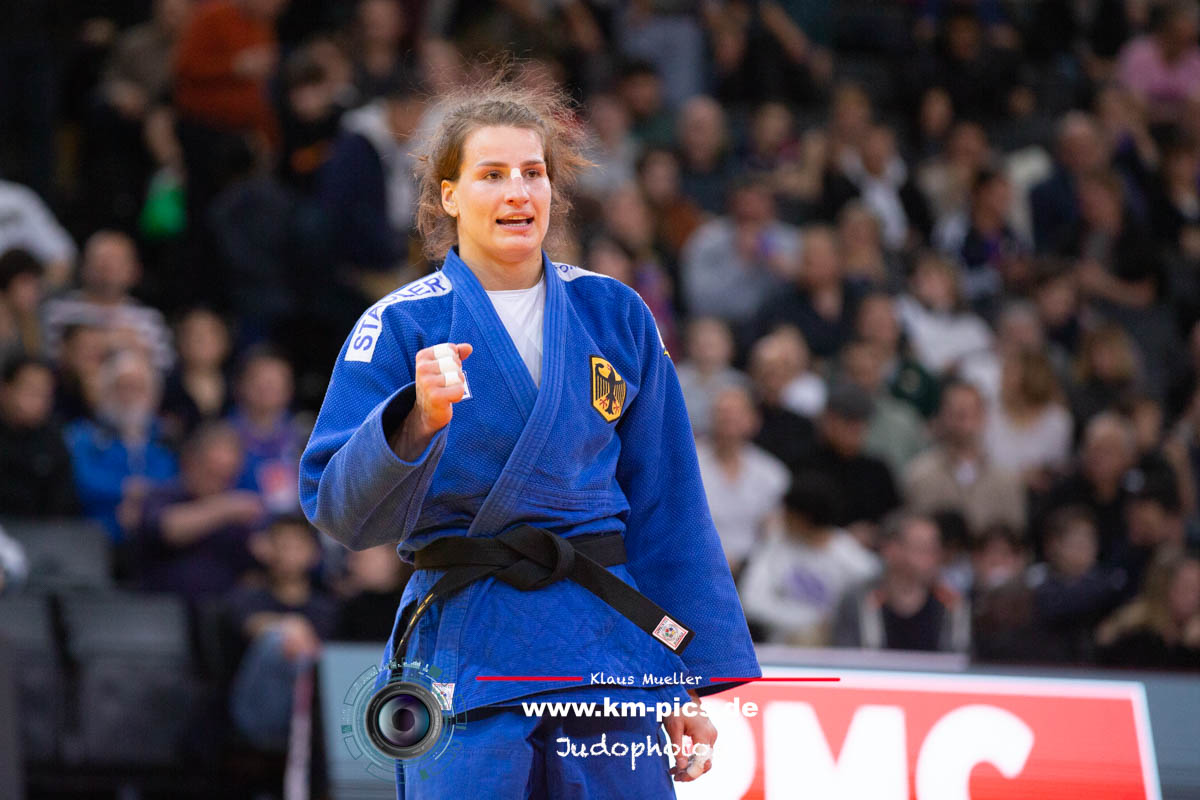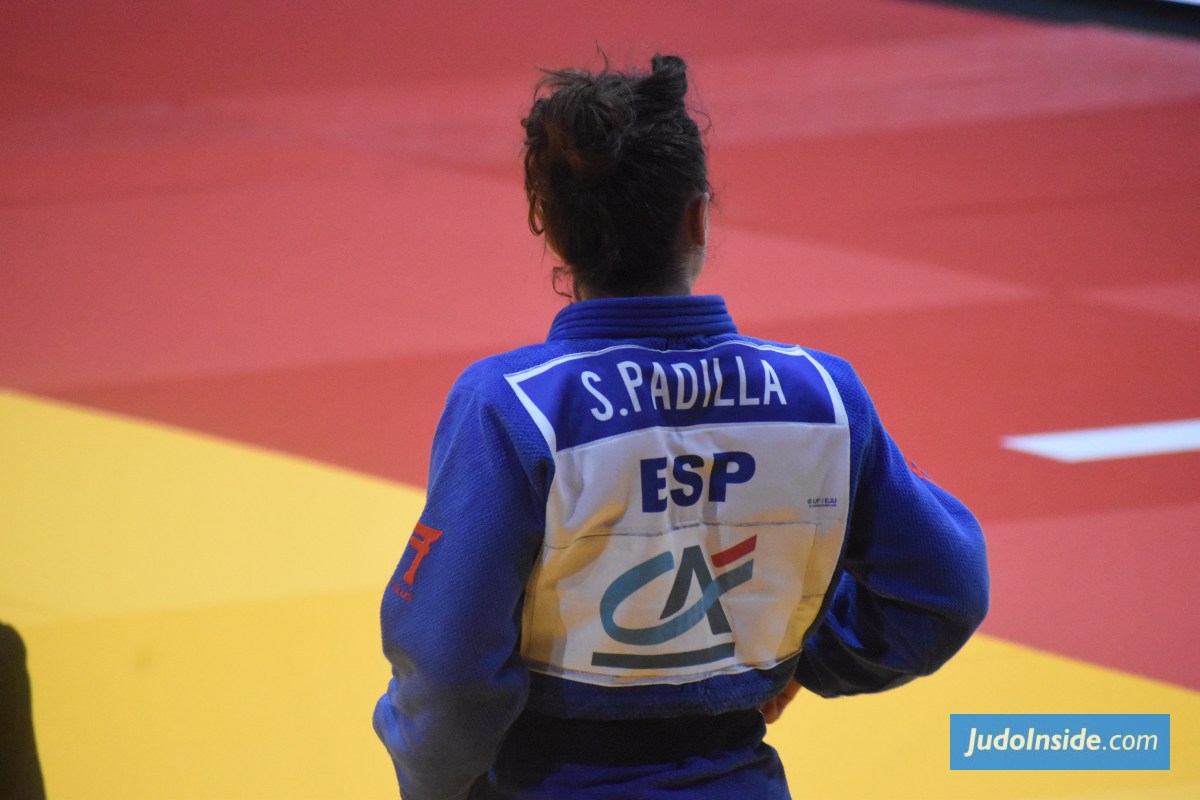Judo in the time of Covid-19: Luise Malzahn
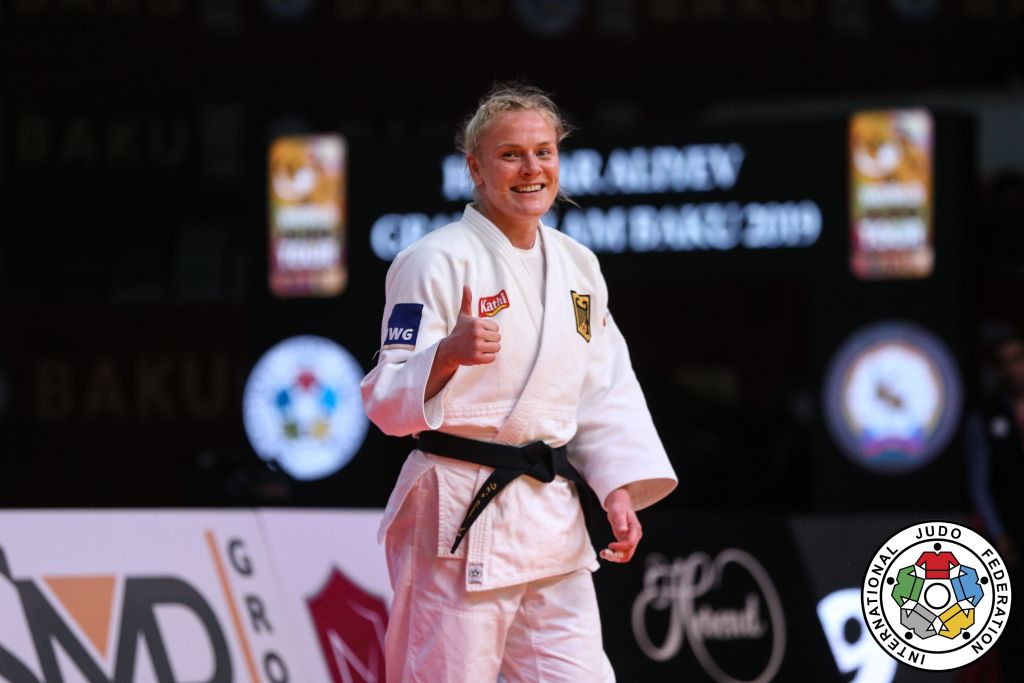
 21 Apr 2020 12:05
21 Apr 2020 12:05
 Judocrazy by Oon Yeoh
Judocrazy by Oon Yeoh
 IJF Emanuele Di Feliciantonio / International Judo Federation
IJF Emanuele Di Feliciantonio / International Judo Federation
Luise Malzahn belongs to the world class athletes U78kg and was in a heavy battle for a ticket to the Olympic Games. The World bronze medallist of 2015 is used to competition in her category and she finished fifth at the Games in Rio. Kayla Harrison dominated the last two Olympics and in this Olympic cycle the competition was severe. Luise still holds the record of most Grand Prix medals since 2009 and Oon Yeoh of JudoCrazy wondered how she is dealing with the corona situation.
JIC: How are you handling the lock-down?
LM: The past few months of Olympic qualifications was an exhausting period for me. To be honest, I’m thankful that my body now has the chance to rest so that I can recover from my injuries. At the moment I´m in my home town, Halle, where I do one training session per day with my home club coach. In Halle, athletes who might have the chance to go to the Olympics are allowed to use the training hall. But my main focus right now is on my job as a policewoman. I knew that I can´t really plan my judo activities right now because I don’t know when competition will resume. So, I asked myself how can I be useful in this time of crisis? I called my department head and he said I could support my colleagues the fight against Covid-19.
JIC: Before the lock-down, what was your training schedule like?
LM: When I’m in training, I live near the Olympic Training Centre in Berlin where I do two to three sessions per day on weekdays. Sometimes I start my day with a short run in the morning, then breakfast and usually the first session starts at 9.00am with judo or strength training. I eat lunch at home and after that I go for physical therapy to treat small injuries or just to recover a bit. At about 6.00pm I do the more intensive session — usually randori — and at the end of the day I relax with my teammates in the relaxation bath. All in, I’d be at the training centre for six to seven hours a day.
JIC: How about weekends?
LM: If I have no competition on the weekend, I would usually drive two hours to my home club in Halle to do some sessions and to visit my family and friends. The training in Halle offers some variety to my training.
JIC: You are one of the few competitors who has a very nice website. Why did you bother to do this?
LM: In Germany judo is an almost unknown sport, so it´s not easy to get sponsors. Taking that extra step like having a professional website and a strong social media presence will certainly help. Doing these things properly conveys professionalism, confidence and authenticity.
JIC: Do you have a professional manager who helped put the website together for you?
LM: No, I don’t have a manager. My brother-in-law, who learned graphic design and is an art teacher, helped me to do it. I gave him my input on how I wanted the site to look like and we worked on it together.
JIC: I understand that you work for the police. In many countries like Italy and Slovenia, a judo athlete who works for the police or military are allowed to be full-time athletes and they don’t have to do police or military duties. Is that the same in Germany?
LM: I'm a police inspector in Saxony-Anhalt. My employer supports me a lot when it comes to judo and during the past year of Olympic qualifications, I was completely exempt from police duties. But I know there’s also more to life than just sports, so I am furthering my education in police studies.
JIC: When you retire from competition, will you still be working for the police or do you have other plans?
LM: I definitely want to work for the police after my competition career is over. I want to help and work with different people and I believe my job as a police inspector can give me the chance to do these things.
JIC: You have an older sister who was a top international competitor. Growing up did you train with her all the time?
LM: Claudia is not only my sister, she´s also one of my closest friends, therapist and coach. When I was growing up, we trained together, but eventually I became too heavy for her because she was in the -63kg category and I’m -78kg. I hope I wasn´t responsible for her back pain!
JIC: How is it like having a sister who is also a competitor at the same time you are?
LM: When we were in the same competition together, such as the 2010 Tokyo World Championships of the 2011 Paris Grand Slam, it always felt like I was fighting twice. I had my own fights, of course, but when my sister is fighting, I felt the same rush of energy and pressure although she was the one out there fighting. As I watch her fight, in my mind I’m in that fight too.
JIC: According to JudoInside, you have had 332 fights under your belt. That’s a lot of matches. What is it about competing that you enjoy the most?
LM: I wouldn´t say that I love competitions because they’re always a massive form of physical and mental stress. But competitions are a way for me to test myself and to go beyond my own expectations. It’s hard to describe how it feels when you go one on one with another fighter and everything depends on what happens during those four minutes on the mat. You either go to the shower early or you proceed to the next round. I can tell you it’s an indescribable feeling when you win a major tournament like a Grand Slam or a Grand Prix.
JIC: You say tournaments are a major source of physical and mental stress for you. What motivates you to carry on despite the stress and obvious sacrifices?
LM: Of course, in any competitive sport you have to make sacrifices. But I wouldn’t say that I have missed out on anything in my life. During my judo journey I have visited many beautiful places — the Corcovado in Rio de Janeiro, Rottnest Island in Perth, the Great Wall of China — and met a lot of interesting and impressive people. These experiences have enriched my life and I’m sure that they will help me in my life after judo. Of course, there were also times where I hated this sport, for example when my knees had ligament tears, or the 2017 Ekaterinburg Grand Slam final in where I had to fight with a broken nose, or the beginning of this year where I got a disc prolapse because of over-training. Then, there’s the home sickness you feel after living out of your baggage travelling from competition to competition and training camp to training camp. But I´m sure that at the end of my career, the positive memories will far outweigh the negatives.
JIC: Besides the great experiences you’ve had travelling to different places, what would you say were the other good things you gained from your experiences as an athlete?
LM: In order to balance sports and studies, I had a very regimented lifestyle where my schedule was always very well planned. Maybe that’s why I never ended up getting drunk at parties or taking drugs like many young people do. I think my parents are thankful for this. Also, because I went to a sports boarding school when I was just 10 years old, I learned to be independent at a young age. To do competitive sports, you need to organize your life well and I learned how to do that since I was a small kid.
JIC: What’s the hardest thing about being a professional athlete?
LM: The fact that only good results count. You have to be on top of your game all the time because the IJF World Tour operates all year long. I feel bad for just wanting to take a break sometimes. But that’s the business. You just have to accept it.
JIC: Does that hectic schedule affect others around you?
LM: Sometimes yes. For example, my sister had to plan her wedding date in 2018 around my competition schedule, so I could attend it. That’s so awesome when I think about it.
JIC: Normally you don’t have a lot of time to yourself but during this lock-down, you do. How are you spending your time these days?
LM: In time of Covid-19, I have free time like no other periods of my life. Of course I'm doing some training at home but besides that I’m cooking and baking, I'm also doing a bit of crochet and I'm organizing some photo albums.
JIC: What about pre-Covid-19 days, what would you do in your free time?
LM: I love going out with friends to drink some coffee or try out some new restaurants. I love discovering new, secret places in Berlin, and when my training plan allows it, enjoying the night life a little bit.
JIC: You have an incredible 32 IJF World Tour medals, including 5 golds, 11 silvers and 16 bronzes. How do you feel looking back at that?
LM: Normally, I’m not into statistics but of course looking back at my competition results, I feel proud. I might not get gold all the time but I think it’s safe to say I’m a reliable athlete when it comes to winning medals. I hope to collect a few more medals before I retire because a few special ones are still missing from my collection.
JIC: The flip side of winning is losing. How well do you deal with defeat?
LM: I´m a very rational person. When I get defeated, I don’t lament mistakes made. Rather I reflect on what I could have done better. It´s very seldom that I need to cry after a defeat because I can usually check off the fight very fast and move on. But there are exceptions of course. When I lost in Dussseldorf this year (to teammate Anna-Maria Wagner), I cried all through my flight back home because I knew that it meant I wasn’t going to the Olympics.
JIC: Now that the Olympics have been postponed until next year, does it mean you have a chance to fight for selection for Tokyo 2021?
LM: Well, based on the Dusseldorf results, Anna deserved to be selected for the Olympics but now with the postponement, there might be a chance for me. I don’t know. One year is a long time in judo. Anything could happen.
JIC: You mentioned you’re a very rational person. Does that mean you are very strategic when it comes to training and competitions as well?
LM: In training, I´m a strategic planner but in competition I often trust in my instincts and my feel for judo. Of course, before a fight, I would talk to my coach and we will talk about what I need to look out for and what kind of tactics I should adopt. But when I look back at my most successful tournaments, I can see many fights where I won based on instincts and not because of some well drilled moves.
JIC: Do you watch competition videos to analyze your opponent’s fighting style?
LM: I’ll watch videos of my own fights right after each competition. That helps me to plan what I need to do in training next. As for watching videos of opponents, I only watch videos of my first opponent for each competition because you really can’t anticipate who you’ll be fighting after that.
JIC: When you’re not competing do you watch the IJF World Tour on YouTube?
LM: Honestly, when I’m not competing, I don’t watch judo. The little time I have in between competitions and training camps, I want to use it to spend time with family and friends and just to indulge in a little leisure time for myself. Of course, I do still check the results at the end of each competition because I want to know who won and who lost, etc.
JIC: What are your plans for life after competition?
LM: In terms of profession, I already have a secure job in the police force. In terms of my involvement in judo, well, I’d like to teach young judokas who could benefit from my knowledge and experience. It would be such a waste not to pass any of that on to the next generation of fighters.
JIC: Any words for other judokas stuck in a lock-down?
LM: I hope people will use this downtime to reflect on their lives, about what’s really important to them and what’s not, so they can carry on positively when the lock-down is over.
Are you JUDOCRAZY? The become a JudoCrazy Patron and read all their stories here
 like
like
 share
share

| Result | City | Date |
|---|---|---|
| 2 | Paris | 2024 |
| 1 | Abu Dhabi | 2024 |
| 1 | Zagreb | 2024 |
| 3 | Belgrade | 2023 |
| 2 | Montpellier | 2023 |











